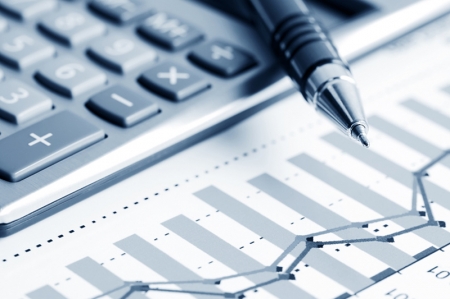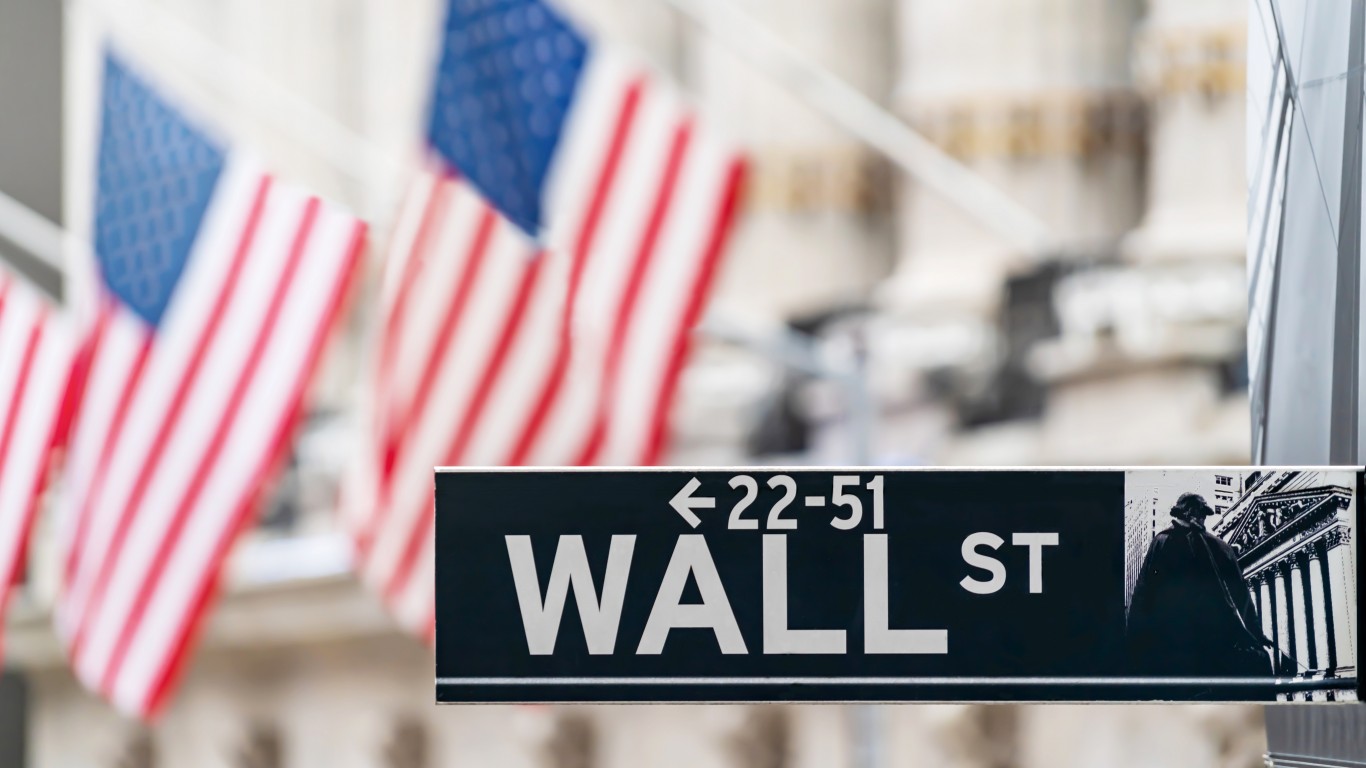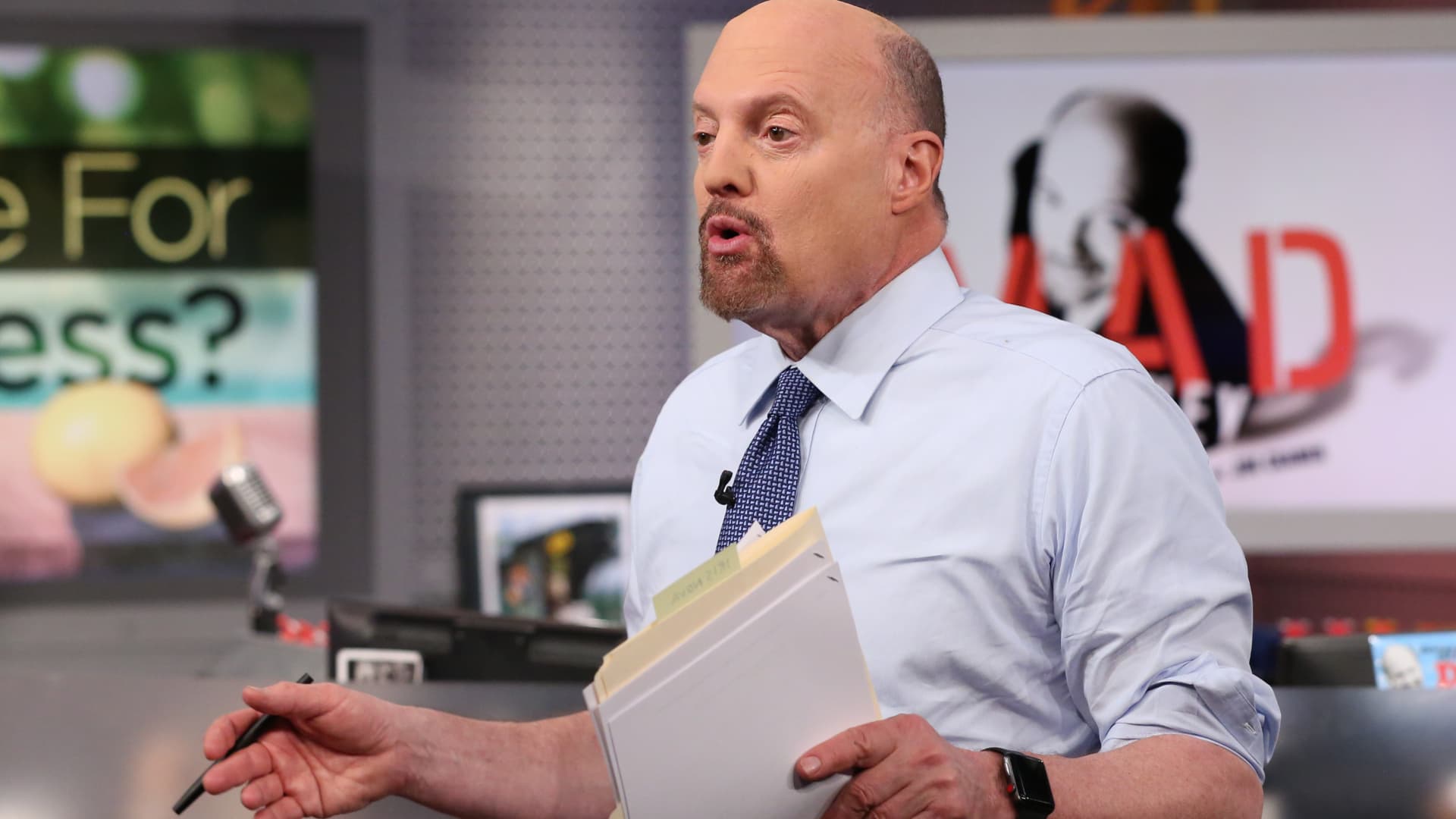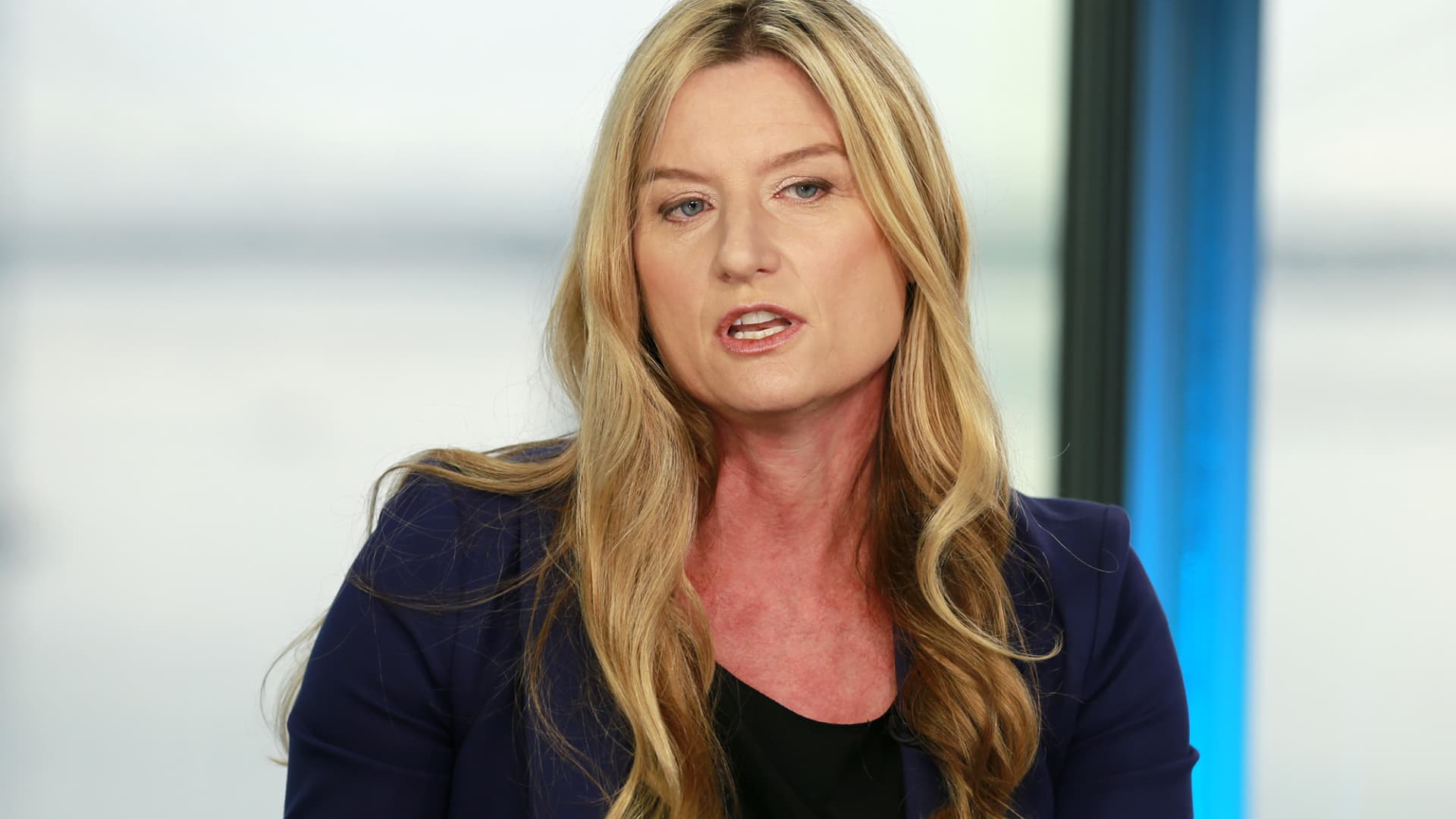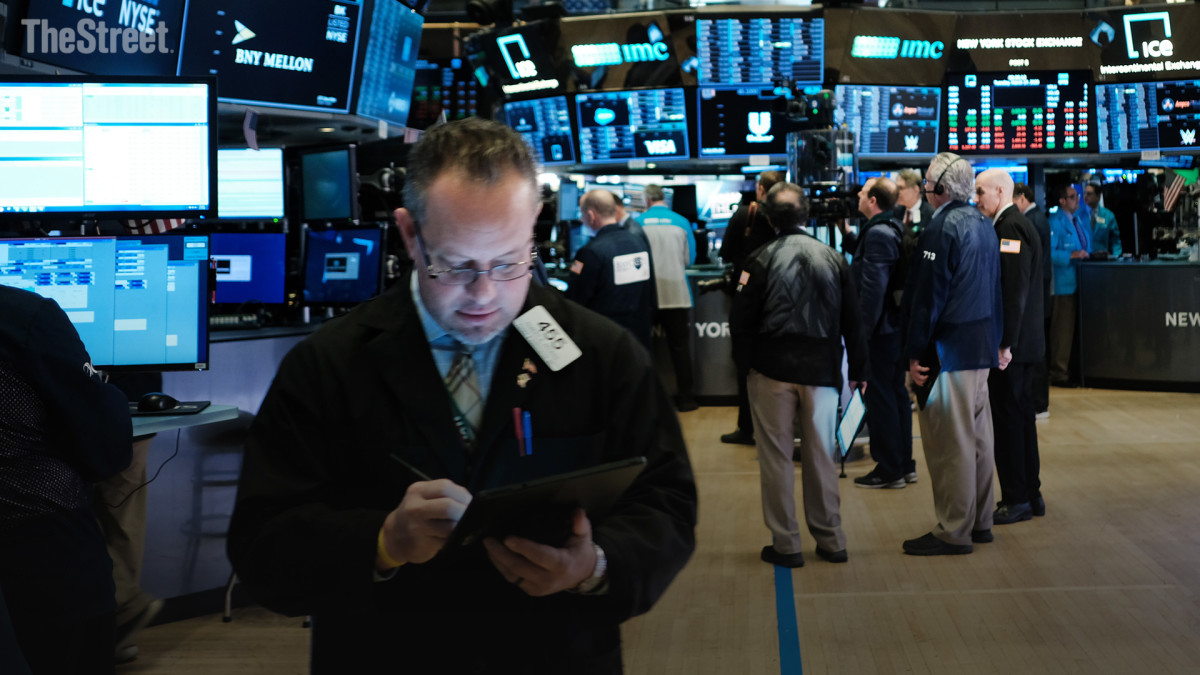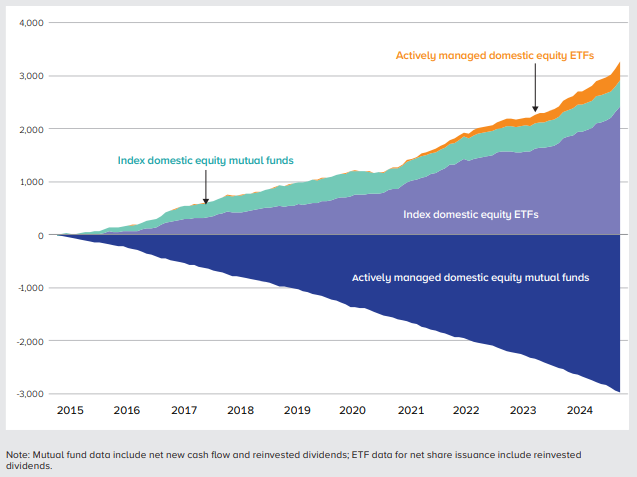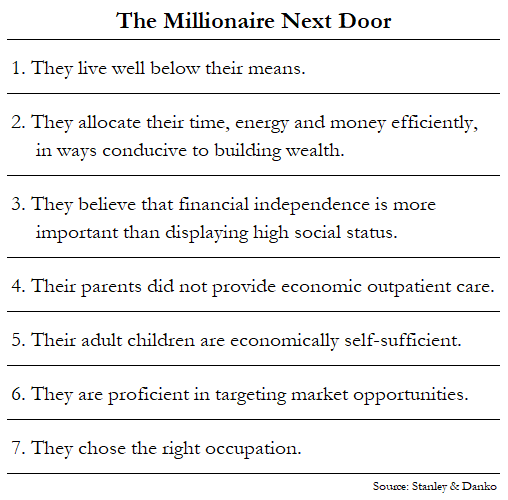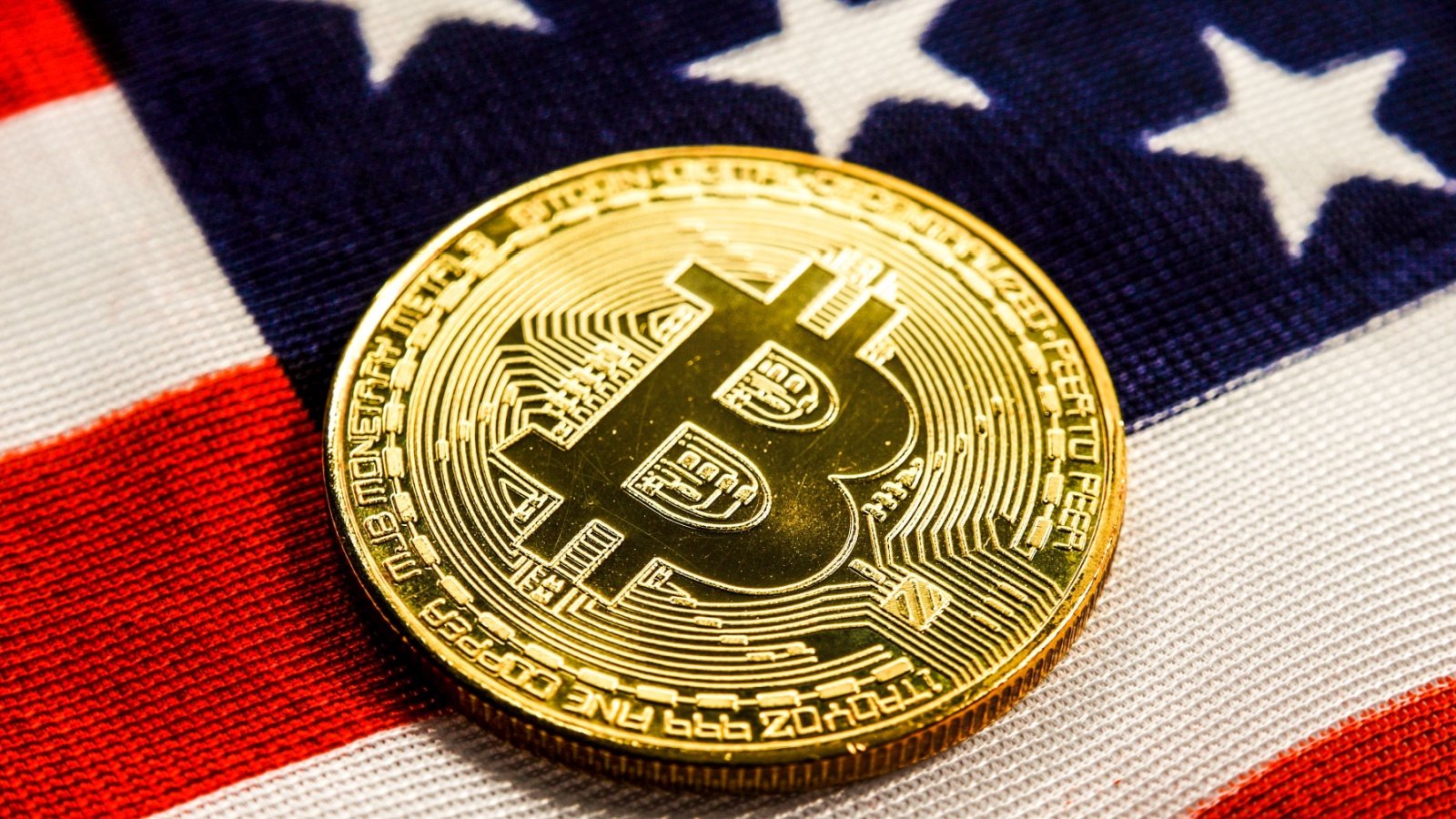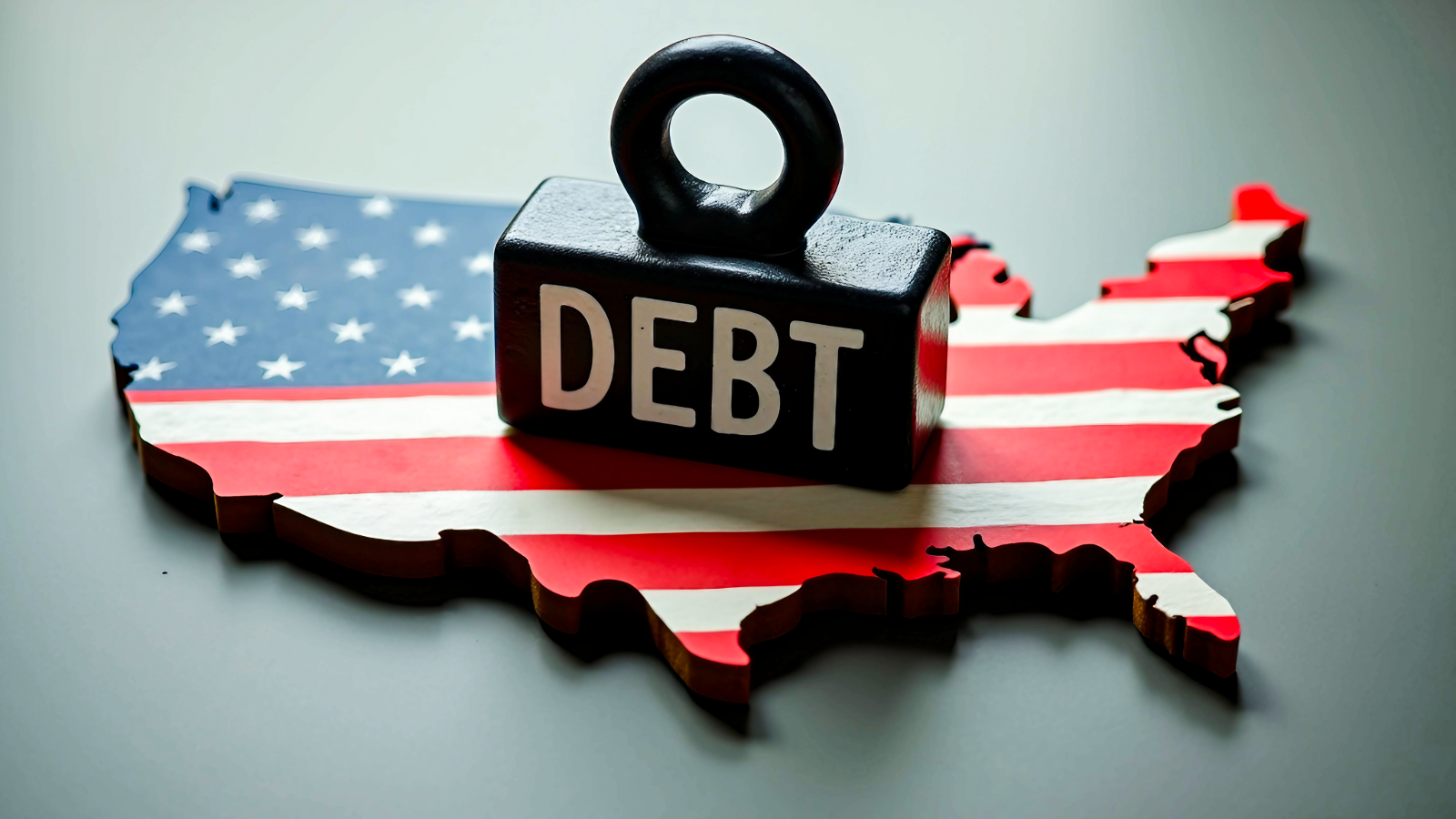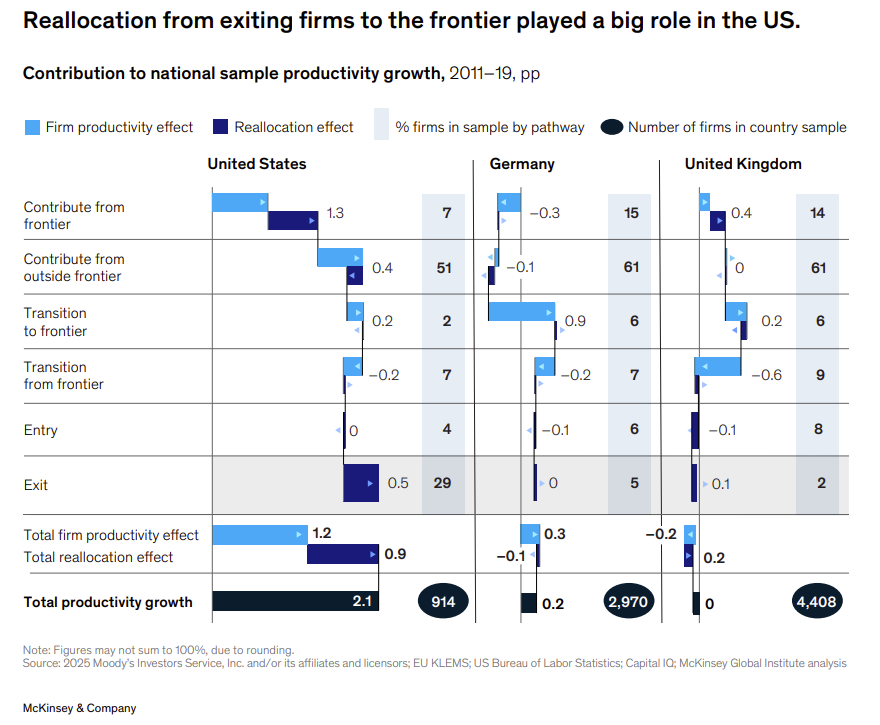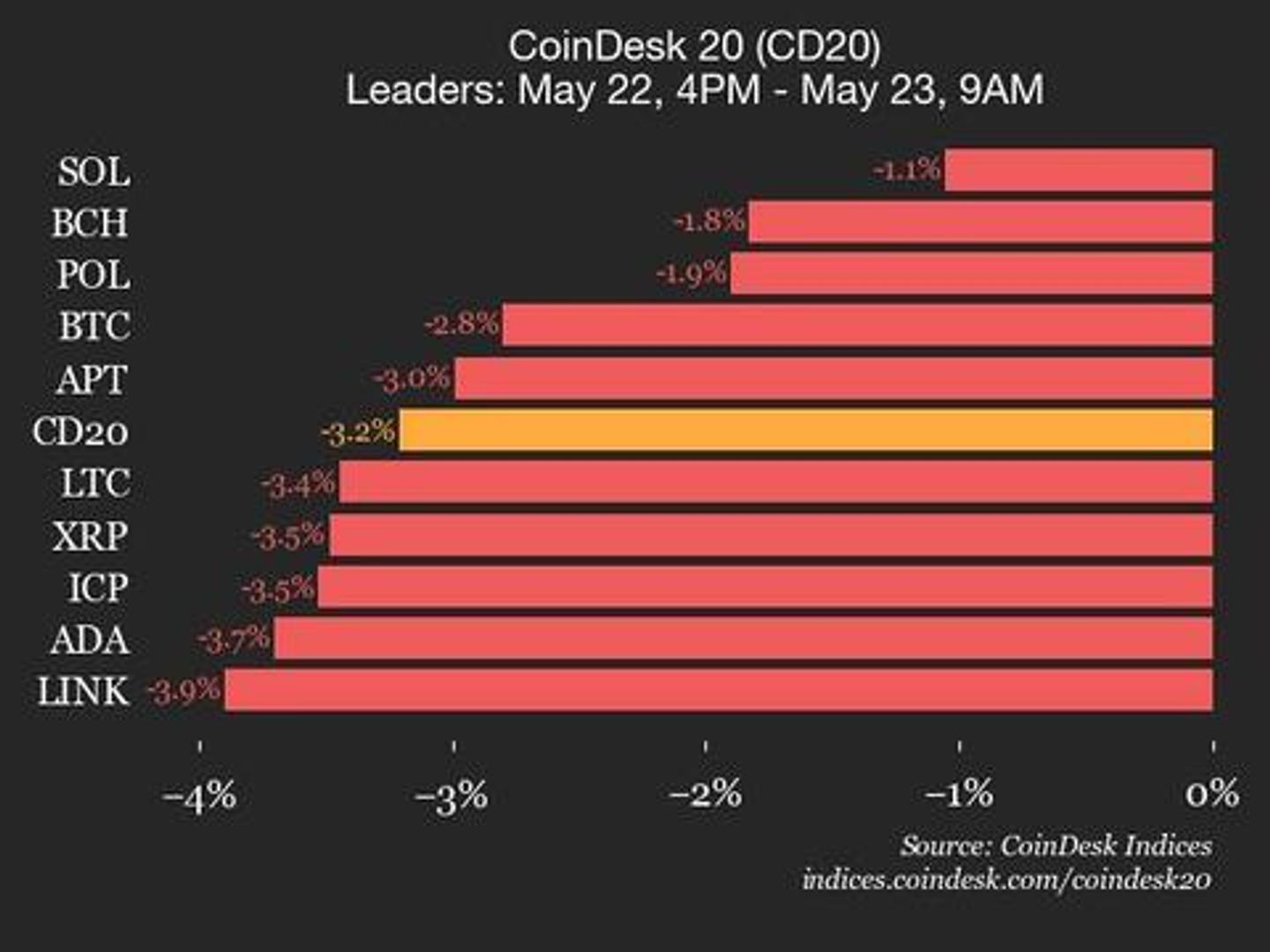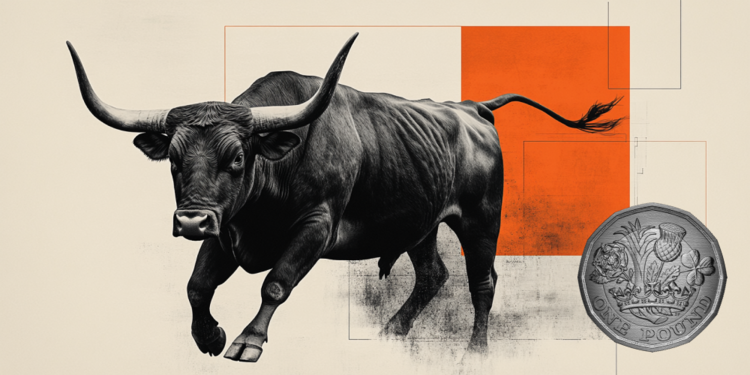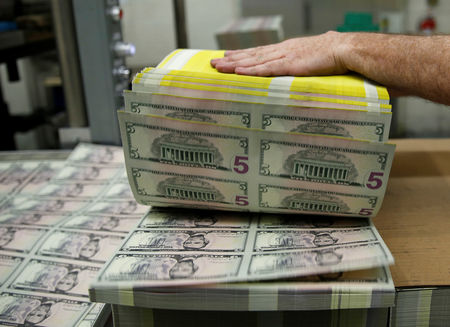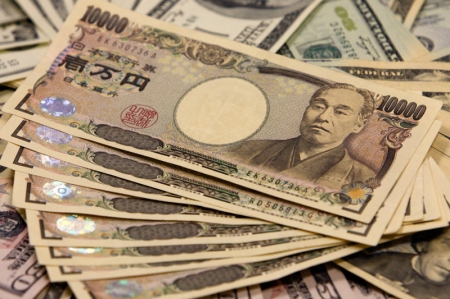‘Buy the dip’? You’re twice as likely to do that if you’re a man
Among retail investors, one demographic stands out for being more aggressive.

- Male investors are twice as likely as women are to “buy the dip” when stock markets fall, a new survey from BlackRock finds, adding to a body of research showing men take more risks with their investments. However, that doesn’t mean male investors always get better returns.
When stock markets tanked in April in the wake of President Donald Trump’s tariff announcement, retail investors swooped in to “buy the dip,” loading up on equities on the faith they would eventually rise again, in which they were soon proven right.
But who, exactly, bought the dip?
A recent BlackRock survey shows men were nearly twice as likely as women to do so. The survey of 1,000 registered voters, conducted from April 17-22, asked respondents to react to the statement, “When the stock market goes down and is not doing well, does it make registered voters more likely to invest because stocks are cheaper?”
Nearly two-thirds of men (63%) agreed, while only one-third of women did.
The findings gel with long-standing research showing that men and women invest money very differently.
Female investors tend to be more risk-averse than their male counterparts, putting less money into assets like equities and crypto and more into cash and bonds, according to a wide range of economic studies. Women also invest less overall, possibly due to their lower earnings compared to men, according to a March paper from Amundi Investment Institute.
Men not only invest more—and invest in riskier assets—but are generally more active in their trading. While female investors gravitate toward passive mutual funds or investments they can “set and forget,” males are much more likely to trade frequently in their accounts, including actively trading a higher percentage of assets and just logging on to their accounts more frequently, according to a Vanguard Research paper from 2021.
So does that mean that women are missing out on stock gains, including the 17% rise the S&P 500 has seen since Trump’s “Liberation Day” announcement tanked the market? Well, not quite.
Although male investors tend to be more involved, on average, their investing style has some drawbacks, as well.
“Male investors tend to be overconfident,” the Amundi paper found. “This leads them to invest more in risky assets, particularly in the stock market, but also to trade more frequently, which increases the transaction costs of their portfolios, especially when investing in direct securities.”
It turns out that, for those of us who aren’t professional investors, set-it-and-forget-it is a better approach than actively trading—and women’s lower activity level does pay off. A 2021 Fidelity survey found that, over the prior decade, women actually outperformed men investors by 0.4%.
This story was originally featured on Fortune.com






